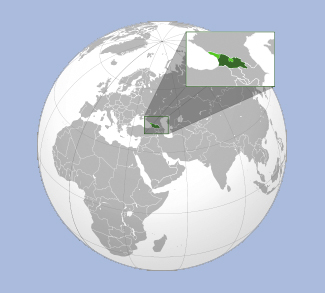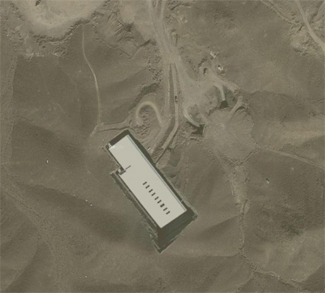Summary
This report examines the March 11, 2004 Madrid Bombings in respect to the possible involvement of criminal elements of the Spanish government.
Analysis
The Bombings
It was during morning rush hour on March 11, 2004 that ten explosions on four commuter trains occurred, resulting in the deaths of 191 people and leaving thousands injured.
The Suspects
The Bomb Squad
Within months after the bombings, it emerged that three of the accused bombers were police informants, and Emilio Suárez Trashorras, the man accused of supplying the 200kg of dynamite for the bombs, had in his possession the private phone number of Juan Jesús Sánchez Manzano, the head of Spain’s Civil Guard bomb squad.[1]
In March of 2003, one year prior to the bombings, Rafa Zouhier, an informant for the Civil Guard bomb squad reported to his supervisors that Trashorras and his brother-in-law, Antonio Toro, were illegally selling explosives in Spain. [2] Zouhier was subsequently put on trial for participation in the bombings, where he stated that he repeatedly informed his handler of the deal in buying explosives for the bombings: “In 2003 I warned that ‘these people want to sell 150 kilos’. I told them 1000 times.”[3] The majority of those involved in buying the explosives were also police informants.[4]




